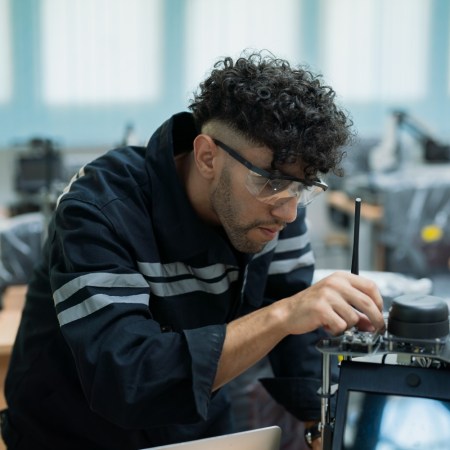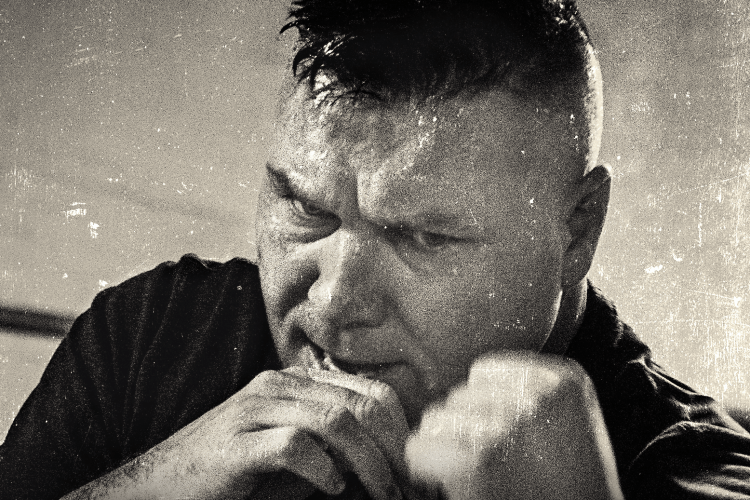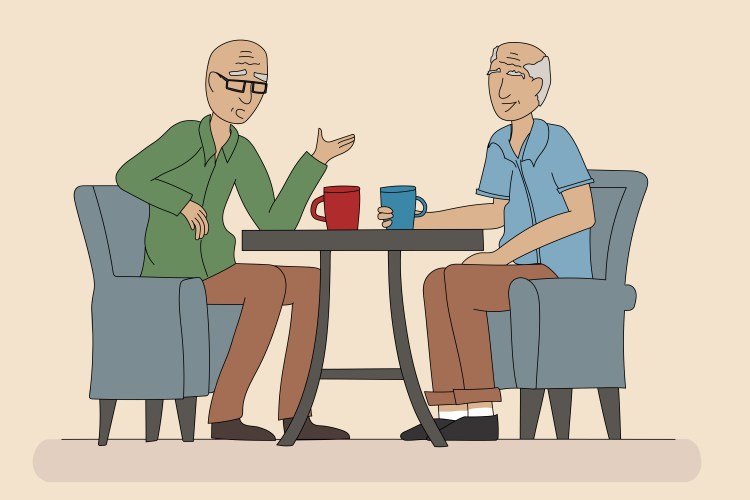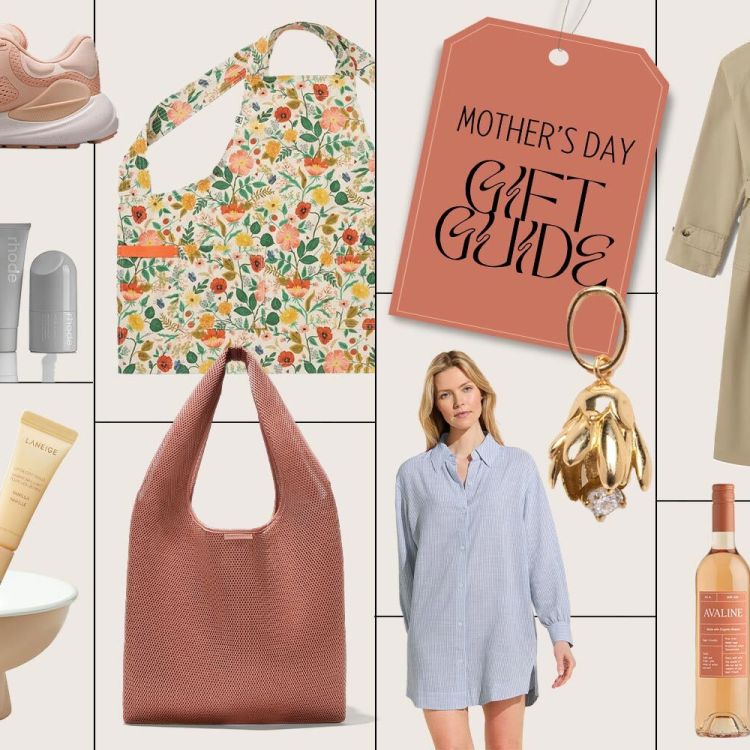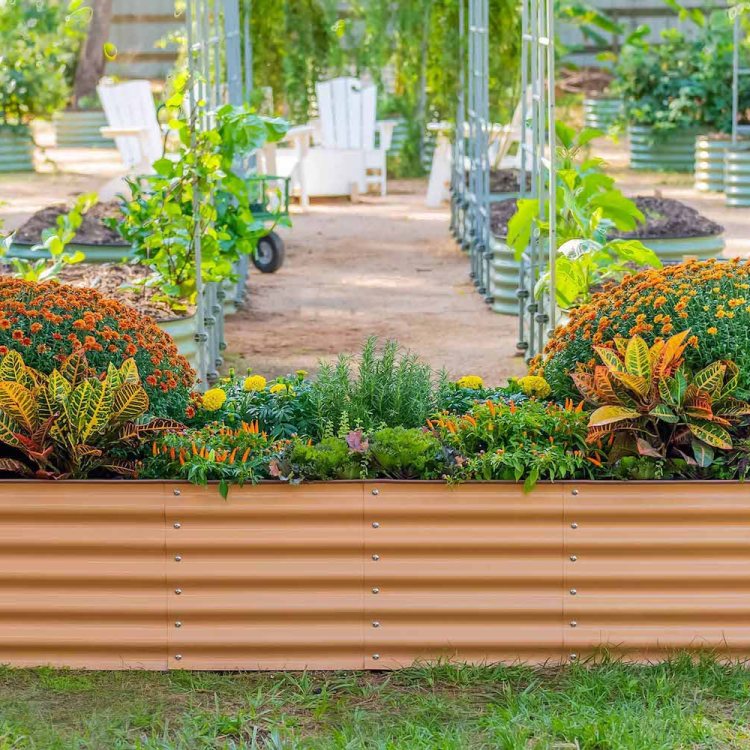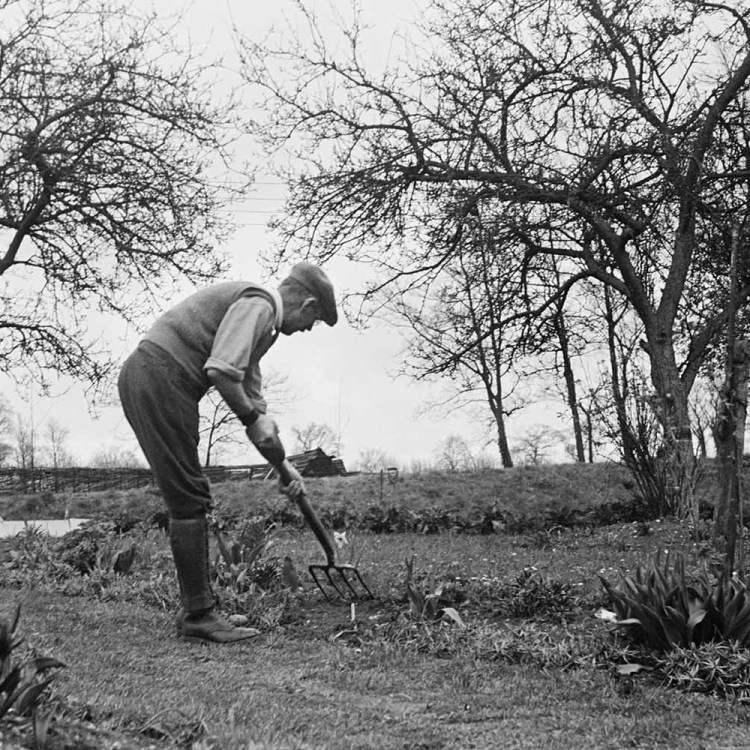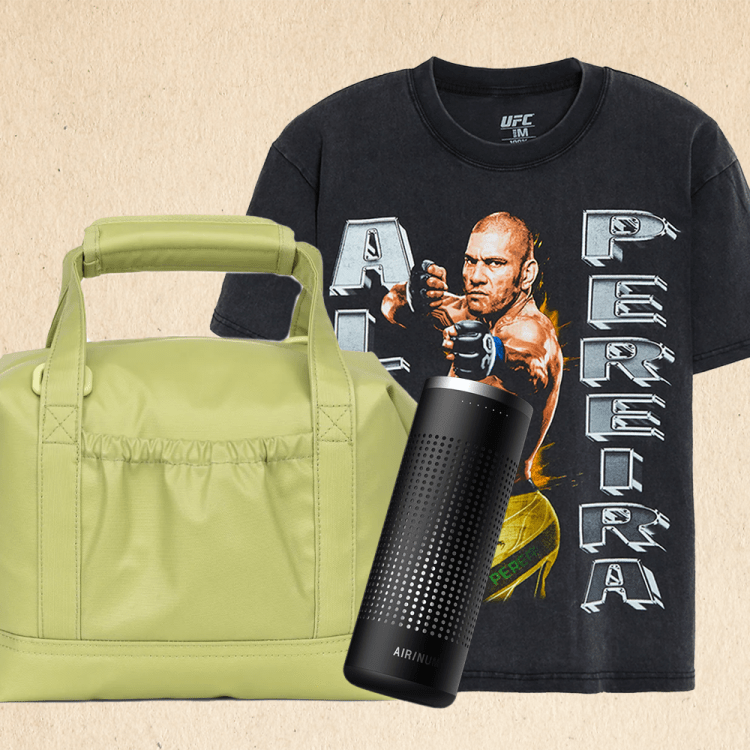In general, the gas you put in your car, the steak on your plate and the heat in your house are all contributing to climate change. It’s up to you what you do about this, but at least you’re aware.
Not as notorious? The extreme pollution coming from our laundry.
When you wash synthetic fabrics — such as acrylic, nylon, polyester, spandex or, say, your go-to Patagonia fleece — microfibers are released. Since most wastewater treatment plants can’t filter out these tiny plastic particles, they end up in our rivers, lakes and oceans.
Alarmingly, as The Guardian notes, a 2011 paper in the journal Environmental Science & Technology “found that microfibers made up 85% of human-made debris on shorelines around the world.” Not only that, but Adventure Journal cites that microfibers “are often coated with toxic chemicals … [and] able to absorb and concentrate pollutants present in the water supply.”
But if treatment plants can’t handle this, can a regular citizen with a front-loader?
Yes, thanks to the Guppy Friend. It’s a mesh laundry bag you can put your synthetic clothing in, throw in the washing machine like normal, then collect the microfiber residue from and dispose of it instead of letting it wash into our waterways.
The bag was invented by Alexander Nolte and Oliver Spies, co-owners of German outdoor retailer Langbrett, and succesfully funded on Kickstarter back in December. Due to high demand, Nolte and Spies are still working on production, so don’t worry about missing out on the first round.
In fact, according to The Guardian, Patagonia gave the Guppy Friend creators a $108,000 grant to fund production. They will be the first global retailer to carry the bags, which they plan to sell “at the cost of buying and shipping it from Nolte and Spies – the California company won’t be making a profit.” It will cost around $20-$30.
So be on the lookout for these in Patagonia stores in the coming months. After all, we can’t wait for the government to protect the environment for us.
This article was featured in the InsideHook newsletter. Sign up now.



